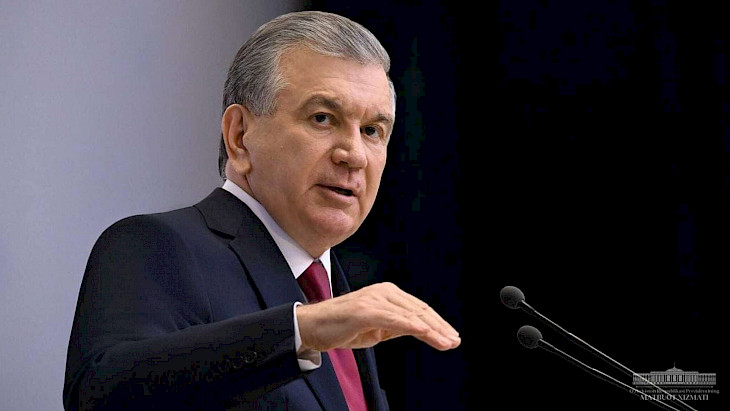Central Asia is entering a new stage of political and economic cooperation, which is clearly visible both in the practical steps taken by the states of the region and in the political assessments of their leaders. President of Uzbekistan Shavkat Mirziyoyev, in his article “Central Asia on the Threshold of a New Era,” emphasizes that regional cooperation must remain voluntary, pragmatic, and oriented toward tangible results. The article was published on the website President.uz and is dated 13 November 2025.
According to him, the countries face the need to address key issues on which the region’s stability and security depend. Mirziyoyev advocates for further strengthening of systematic coordination among the states of the region, including regular meetings of security council secretaries, heads of special services, defense agencies, and law enforcement structures.
The President of Uzbekistan notes that the new regional policy is built on the principles of good-neighborliness, mutual trust, and mutual benefit. “We do not build walls; we build bridges,” he stresses, pointing to the transformation of Central Asia into a space of constructive partnership.
Mirziyoyev described the signing in March 2025 of the Treaty on the Junction Point of the Borders of Uzbekistan, Kyrgyzstan, and Tajikistan, as well as the Khujand Declaration, as landmark events. These documents, he said, became symbols of a new era of mutual understanding and trust among the countries of the region—something that previously seemed difficult to achieve.
Against this positive dynamic, the upcoming 7th Consultative Meeting of the Heads of State of Central Asia, scheduled for 15–16 November in Tashkent, appears especially significant. The forum will bring together the leaders of Kazakhstan, Kyrgyzstan, Tajikistan, Turkmenistan, and Uzbekistan under the chairmanship of Mirziyoyev. Special importance is attached to the participation of Azerbaijan’s President Ilham Aliyev, which effectively expands the format of the meeting beyond purely Central Asian cooperation. This opens new opportunities for the region in transit, trade, and the development of international transport corridors.
The agenda of the meeting reflects a wide range of pressing issues: from regional integration and transport-logistics connectivity to water management, digital transformation, energy, climate resilience, and security. The signing of multilateral documents that will form the foundation of cooperation for the coming years is expected. Mirziyoyev has earlier noted that the consultative meeting is no longer a symbolic event but has evolved into a working platform for real coordination.
Tashkent’s preparations for the forum are being carried out on an intensified basis: temporary restrictions on transport movement, heightened security measures, and logistical arrangements reflect the scale of the gathering. The outcomes of the meeting are expected to form the basis of new roadmaps, interstate agreements, and cooperation formats, strengthening Central Asia’s position as a unified and coordinated region.
CentralasianLIGHT.org
14 November 2025

